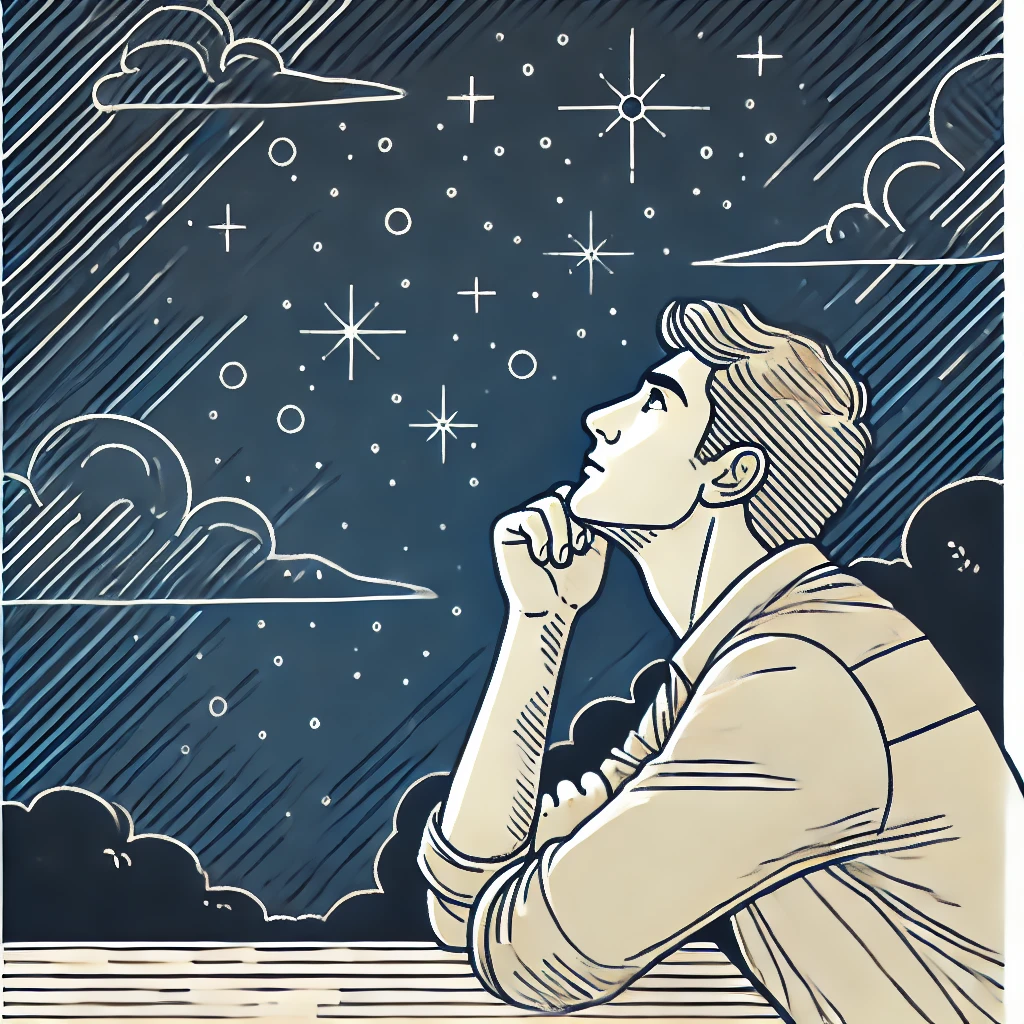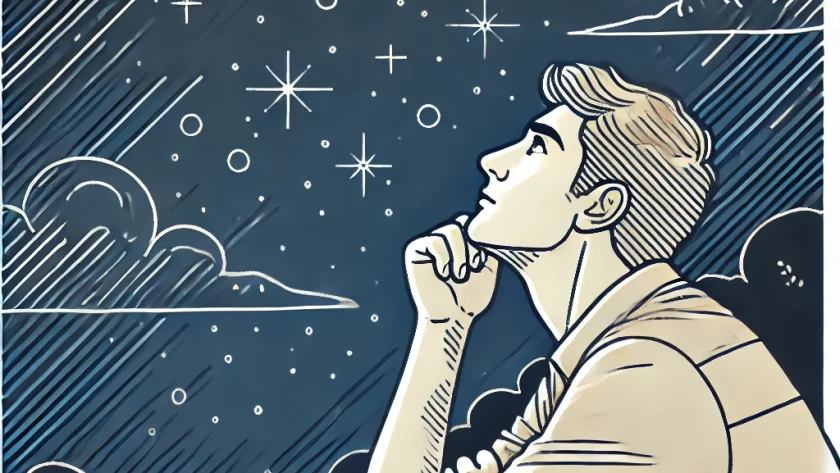いかれたBaby [Ikareta Baby]
フィッシュマンズ [Fisshumanzu]
Words & Music : 佐藤伸治 [SATŌ Shinki]
Fishmans is a band formed in 1987, and their music falls under the genres of reggae and dub. Among Japanese musicians, they are seen as underground or alternative, and while they are not widely known, they have a cult-like following among music enthusiasts and are highly regarded internationally. It’s quite surprising to see that on the American music review site “Rate Your Music,” Fishmans’ album is ranked 18th in the “top albums of all-time.” I selected two songs for this introduction, considering the lyrics, among other things (the second song will be introduced tomorrow).
Today, the song I’m introducing is “Ikareta Baby,” released in 1993. It’s one of Fishmans’ early songs and is probably their most widely recognized track in Japan.
悲しい時に 浮かぶのは いつでも君の 顔だったよ
kanashī toki ni ukabu no wa itsudemo kimi no kao datta yo
悲しい時に 笑うのは いつでも君の ことだったよ
kanashī toki ni warau no wa itsudemo kimi no koto datta yo
- 悲しい(かなしい) [kanashī] : sad
- 時(とき) [toki] : time
- 浮かぶ(うかぶ) [ukabu] : float, come to mind
- いつでも [itsudemo] : always
- 君(きみ) [kimi] : you
- 顔(かお) [kao] : face
- 笑う(わらう) [warau] : laugh, smile
- こと [koto] : thing
(translation) “What comes to mind when I’m sad is always your face.
What makes me smile when I’m sad is always you.”
There are two sentences with a similar structure. If the second sentence seems unclear, refer to the translation to better grasp the sentence structure.
人はいつでも 見えない力が 必要だったり してるから
hito wa itsudemo mienai chikara ga hitsuyō dattari shiteru kara
- 人(ひと) [hito] : person, people
- 見える(みえる) [mieru] : visible
- 力(ちから) [chikara] : power
- 必要(ひつよう) [hitsuyō] : necessary
(translation) “Because people always need some kind of invisible strength.”
“だったりする / dattari suru” is a vague expression often used in colloquial Japanese, leaving room for other possibilities.
悲しい夜も 見かけたら 君のことを 思い出すのさ
kanashī yoru mo mikaketara kimi no koto o omoidasu no sa
- 夜(よる) [yoru] : night
- 見かける(みかける) [mikakeru] : happen to see
- 思い出す(おもいだす) [omoidasu] : recall
(translation) “Even on sad nights, when I see you, I remember you.”
窓の 外には 光る 星空
mado no soto ni wa hikaru hoshizora
- 窓(まど) [mado] : window
- 外(そと) [soto] : outside
- 光る(ひかる) [hikaru] : shining
- 星空(ほしぞら) [hoshizora] : starry sky
(translation) “Outside the window is a shining starry sky.”
君は見えない魔法を投げた
kimi wa mienai mahō o nageta
僕の見えない所で投げた
boku no mienai tokoro de nageta
そんな 気がしたよ
sonna ki ga shita yo
- 見える(みえる) [mieru] : visible
- 魔法(まほう) [mahō] : magic
- 投げる(なげる) [nageru] : throw
- ところ [tokoro] : place
- そんな [sonna] : such, that kind of
- 気がする(きがする) [ki ga suru] : feel
(translation) “You threw invisible magic.
You threw it where I couldn’t see.
That’s what it felt like.”
素敵な君はBaby いかれた僕のBaby
suteki na kimi wa Baby ikareta boku no Baby
夜のスキマにKiss 投げてよ
yoru no sukima ni Kiss nagete yo
月夜の晩のBaby いかれた君はBaby
tsukiyo no ban no Baby ikareta kimi wa Baby
- 素敵(すてき) [suteki] : lovely
- いかれている(いかれている) [ikarete iru] : crazy
- 隙間(すきま) [sukima] : gap, crack
- 月夜(つきよ) [tsukiyo] : moonlit night
- 晩(ばん) [ban] : night
(translation) “Lovely you are Baby, crazy me is Baby.
Throw a kiss into the gaps of the night.
On a moonlit night, Baby, you crazy Baby.”
“いかれている / ikarete iru” is slang for “broken” or “not right in the head.” You often hear phrases like “頭がイカれたやつ / atama ga ikareta yatsu” (=A person whose head is broken) in movies.

素敵な君はBaby いかれた僕のBaby
suteki na kimi wa Baby ikareta boku no Baby
夜のスキマにKiss 投げてよ
yoru no sukima ni Kiss nagete yo
ゆううつな時もBaby いかれた君はBaby
yūutsu na toki mo Baby ikareta kimi wa Baby
- ゆううつ(ゆううつ) [yūutsu] : melancholy
(translation) “Lovely you are Baby, crazy me is Baby.
Throw a kiss into the gaps of the night.
Even in melancholy times, Baby, you crazy Baby.”
悲しい時に 浮かぶのは いつでも君の 顔だったよ
kanashī toki ni ukabu no wa itsudemo kimi no kao datta yo
悲しい時に 笑うのは いつでも君の ことだったよ
kanashī toki ni warau no wa itsudemo kimi no koto datta yo
One of the standout characteristics of Fishmans is, of course, their cool sound, but Shinji Satō’s vocals are also unique. His singing style is very introspective and emotional, almost like he’s speaking rather than singing. Even though the lyrics may seem rough, the way the words fit into the music feels right. That’s why it resonates so deeply.
Unfortunately, Satō passed away in 1999. The cause of death has not been made public.
Thanks for reading! Feel free to comment if you have any feedback or questions.
Follow me on X.



